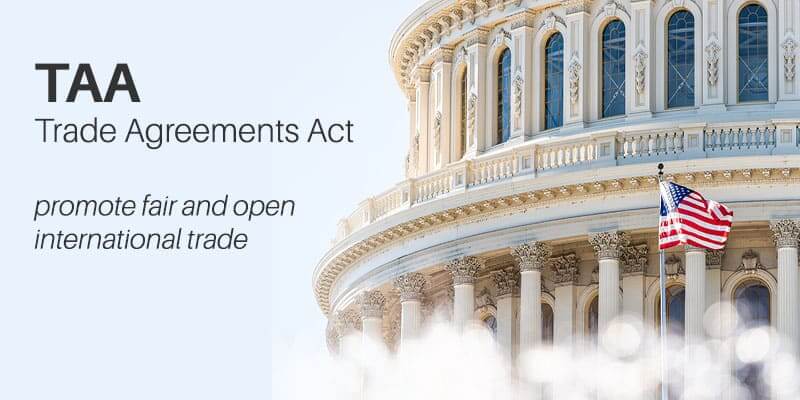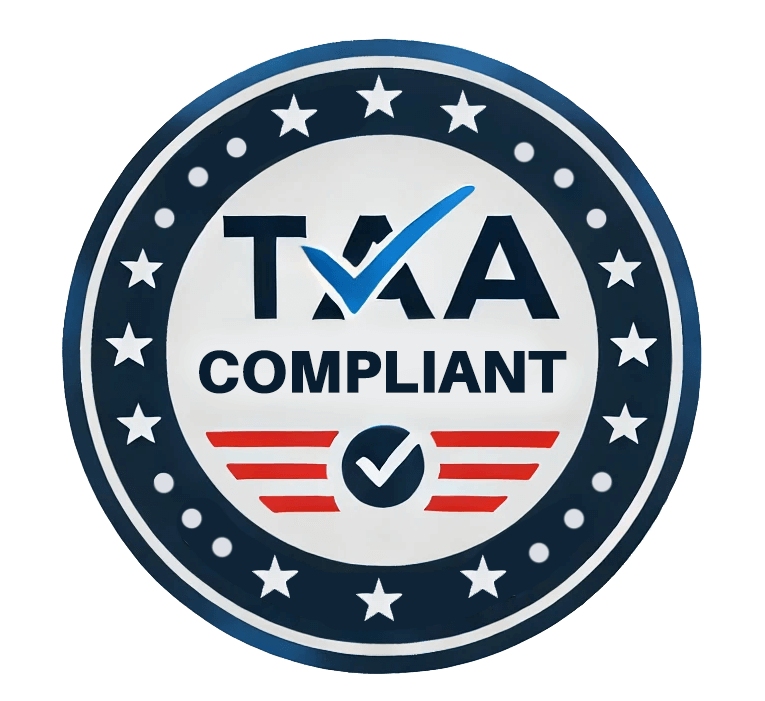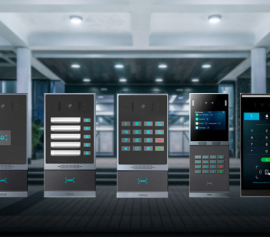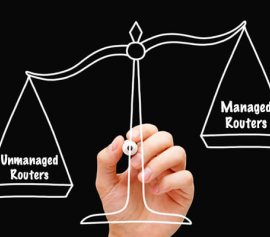What Is TAA Compliance? – Everything You Need to Know

Companies trying to provide surveillance technology or any other good to the U.S. government must first be TAA compliant. Following this rule guarantees that goods satisfy the eligibility requirements for federal contracts, which call for manufacturing either in the United States or a designated nation.
Here’s everything you need to know about TAA compliance and how to ensure your surveillance devices meet the criteria.
(Caution: This is not legal advice)
TAA Compliance
Products bought by the U.S. government under a GSA contract must come from the United States or some other specifically specified nation per the Trade Agreements Act (TAA). Adopted in 1979, this law guarantees that goods supplied to the government satisfy specific production criteria, therefore fostering fair competition.

Its goals are to encourage home businesses and maintain fair worldwide trade policies.
For a product to be sold through a GSA Schedule contract, it must:
- Made Entirely in the U.S. or a Designated Country: Either the United States or another nation with a designated trade agreement with the United States produces or manufactures the good only within their borders.
- Substantially Transformed in the U.S. or a Designated Country: Although the components of the product might come from another nation, it is significantly processed or manufactured in the United States or another approved nation, therefore producing a new product with unique qualities, goals, or identity.
- Keep Proper Records: TAA compliance mandates comprehensive recordkeeping of government sales and product origins. Businesses must also establish a written compliance program detailing TAA policies and procedures. All records must be readily accessible for government audits and inspections.
- Comply with Domestic Sourcing Requirements: In addition to TAA compliance, government contractors must adhere to the Buy American Act (BAA) requirements. The BAA mandates a specific percentage of product components be domestically sourced. Companies selling to the government must fulfill both TAA and BAA regulations.
Benefits of TAA Compliance
TAA compliance is essential for companies seeking government contracts. By meeting TAA requirements, businesses gain access to a significant revenue stream through government procurement opportunities.
Aside from dealing with the government, here are some additional benefits of keeping your products TAA-compliant:
Accessing Global Markets
TAA compliance extends market reach beyond domestic borders. Using free trade agreements supported by GATT and WTO, companies can market goods and services internationally, hence promoting corporate development and expansion.
Increased Reputation
TAA compliance points to a company's commitment to moral and conscientious business conduct. This builds credibility and confidence, therefore strengthening ties with partners, consumers, and government bodies. In the end, this reputation can create fresh commercial prospects.
Dealing with Specific Private Companies
Many private sector companies now mandate TAA compliance for their suppliers. Adhering to this requirement strengthens existing business partnerships and attracts new customers, valuing ethical and compliant supply chains.
How to Keep TAA Compliance
Businesses holding GSA Schedule contracts must prioritize ongoing TAA compliance. To achieve this, follow these essential steps:
- Carefully select suppliers of components, parts, and materials. Maintain a domestic or designated country content of at least 50% of the product's value.
- For GSA contracts involving third-party manufactured goods, confirm that the products originate from TAA-compliant countries.
- Thoroughly document the origin of all source parts and materials from your partners. Ensure each component is accompanied by proper supply chain documentation and agreements.
- Establish a comprehensive inventory system to track all ordered parts and goods. Regularly verify the TAA compliance status of each component to ensure ongoing adherence to regulations.
- Continuously monitor the TAA and FAR for updates. The list of designated countries and other compliance requirements can change over time. Stay informed to ensure ongoing adherence to regulations.
TAA Compliant Countries
Check here for the full list of countries that are TAA compliant.
The list of designated countries includes:
- Countries with Free Trade Agreements: Such as Canada, Mexico, Australia, and Singapore.
- WTO GPA Participating Countries: Including Japan and many European nations.
- Least Developed Countries: Such as Afghanistan and Bangladesh.
- Caribbean Basin Countries: Including Costa Rica and Haiti.
Importantly, major economies like China and India are not currently designated TAA countries. This means products originating from these nations generally do not qualify for government contracts under TAA regulations.
Products sourced from countries outside the TAA may still be eligible for government purchase under specific conditions. For instance, the Buy American Act permits exceptions when TAA-compliant alternatives are unavailable or if the non-compliant product offers a significant cost advantage.






